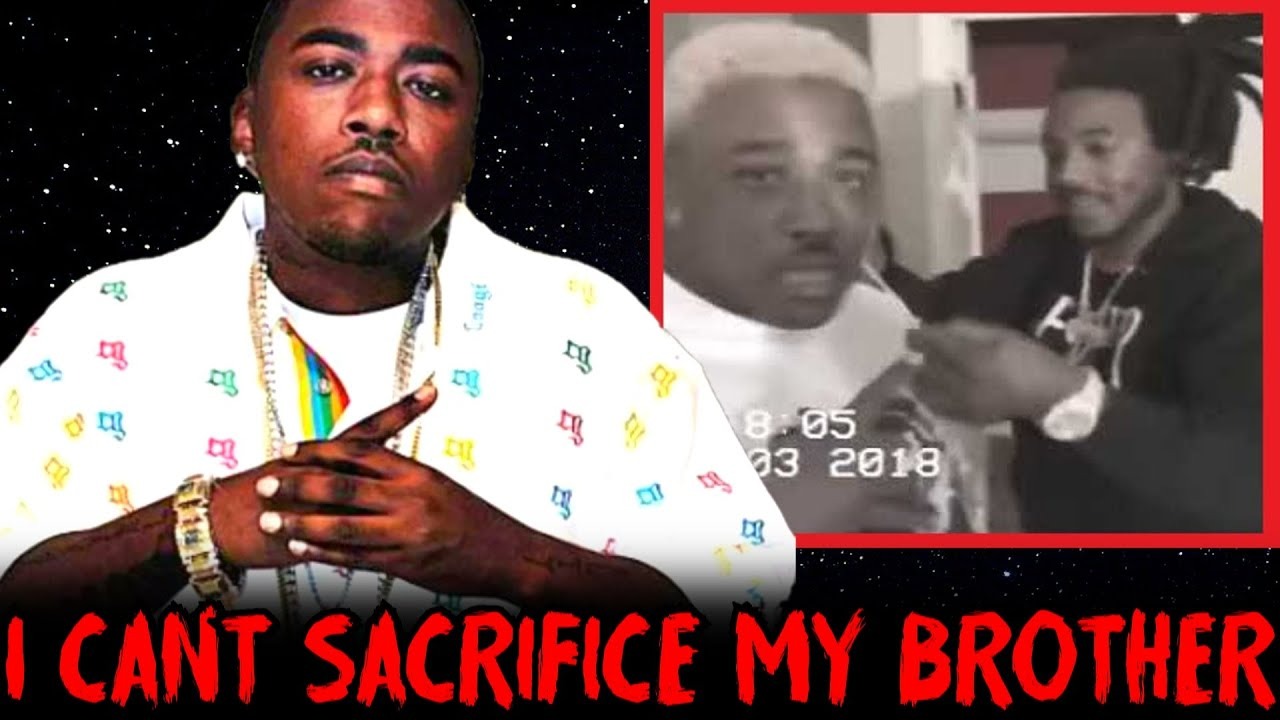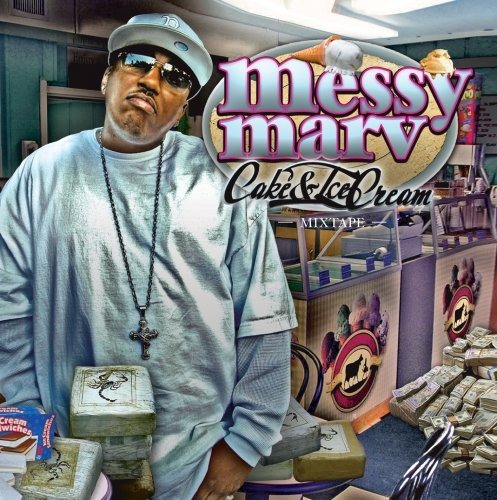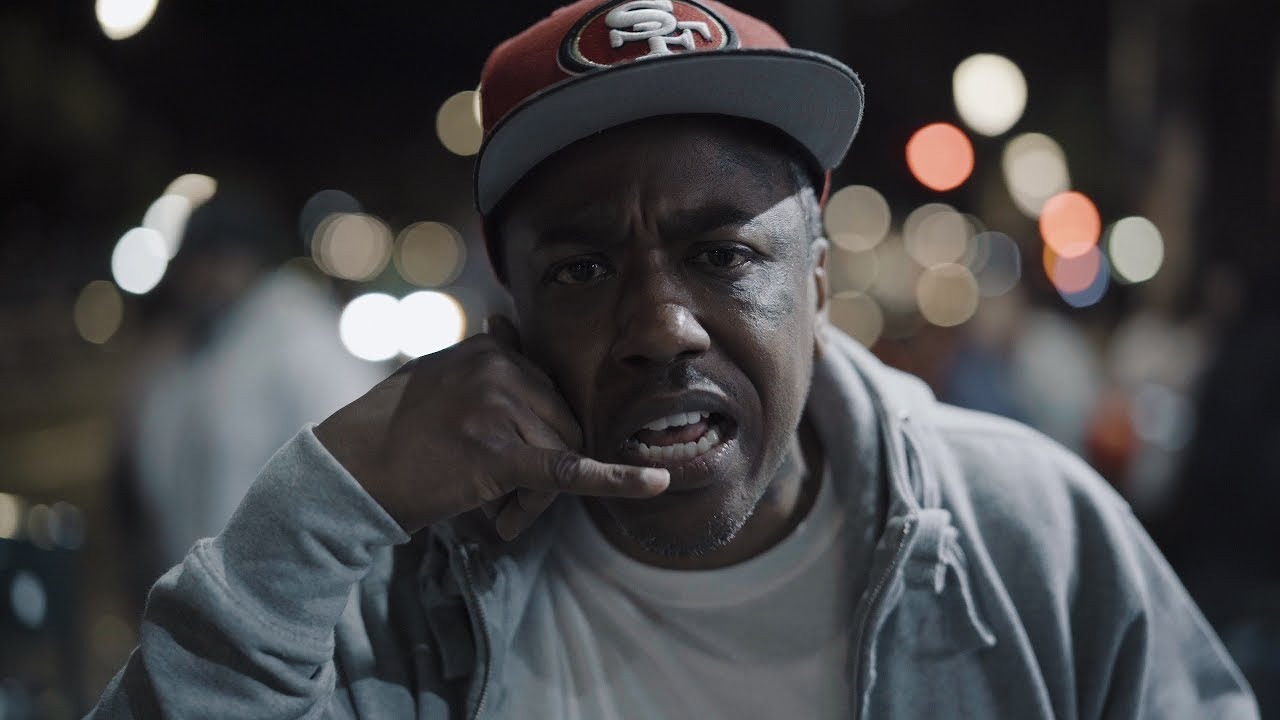# Messy Marv Drops Bombshell Confessions: The Ultimate Price He Paid for His Secrets

Messy Marv, also known as Young Mess, a rapper hailing from the Bay Area, California, has had a career marked by raw talent, street credibility, and turbulent struggles. Emerging in 1996, Marv’s journey began under tough circumstances when his mother kicked him out, leading him to move in with local rapper San Quinn.
Quinn, a Bay Area staple who opened for legends like Tupac and Digital Underground, helped Marv secure a record deal with Trigger Lock Records. That year, he released his debut album *Messy Situationz* with the single “On the DL,” showcasing his gritty style and ambition to stack success like a player.
However, early fame eluded him, and Marv found himself in and out of jail until 2005, when he took control by founding his own label, Scalen LLC.
With his business in order, Marv’s career gained traction. He collaborated with prominent Bay Area artists like E-40, Keak Da Sneak, and even Birdman, riding the wave of the hyphy movement.
At his peak, Marv claimed to be the biggest name in the Bay, dominating the local scene with beats largely produced by Shon T. His confidence soared, positioning himself as the king of the streets. Yet, this high horse led to conflicts, including a no-show at a Las Vegas performance at Circus Circus due to unreasonable demands from a promoter, fueling tensions and public spats.
Marv’s confessions reveal deeper struggles. He spoke of fallout with peers after incidents like the Reno robbery, which soured relationships and tarnished his standing. Rumors swirled that after the music industry—or as he hinted, the “Illuminati”—couldn’t control him, they sidelined his career.

Legal troubles compounded his woes, with repeated arrests and jail time for substance abuse. In 2018, rapper Mozzy attempted to sign Marv, but Marv later disclosed disturbing pressures from the label to “sacrifice” his brother, a step he refused to take. “I don’t know how to sacrifice my brother.
I love that, bro,” he admitted, revealing the emotional toll of such demands. Returning to the Bay after losing everything in Vegas, Marv faced ostracism, with peers refusing to help, forcing him to hustle on his bare feet in Richmond, reconnecting with poverty he understood all too well.
Despite community efforts to support him, Marv’s cycle of recovery and relapse persisted. Recent visuals and statements show him reintroducing himself to the city after prison, emphasizing his unbreakable spirit. Bay Area voices still honor his legacy, with peers acknowledging his influence—Burner’s rise, for instance, owed much to joint projects with Marv.

As a pioneer of the Bay’s hip-hop scene, his history remains untouchable, even as personal demons linger. The question remains: did Marv break an unspoken oath with the industry, or was his downfall a result of bad business and unavoidable circumstances? His confessions lay bare the ultimate price paid for staying true to his roots amidst a cutthroat game.

